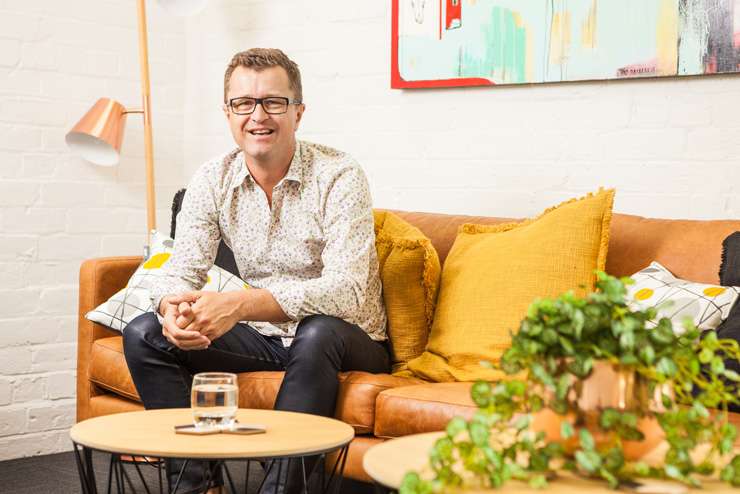The credit crunch and housing market slowdown has put the brakes on bridging finance, putting extra pressure on buyers and sellers.
Mortgage brokers have told OneRoof that bridging finance has become much more difficult to secure in the current credit environment, with banks only approving funds to homeowners who have a “tonne of equity” in their properties.
The scarcity of open bridging finance, they said, was also having an impact on property sales. Vendors are increasingly being presented with conditional offers from buyers who need to sell their own home before they can close the deal.
This is heightening the risk of sales falling over, they said.
Start your property search
Mortgage adviser Campbell Hastie said securing bridging finance was tricky because people basically needed to borrow the entire purchase price of their new house until they sold their existing one.
“The idea of adding the purchase price to your existing mortgage is still the big hurdle. Particularly in a place like Auckland where prices are what they are,” he said.
“In Auckland, that’s adding $1.2m to your existing mortgage and it’s a reasonably tall order for a lot of people.”
Getting finance was much harder than six months ago, which is why auctions were “disappearing” in Auckland and everything was priced by negotiation, he said.
“So, people are saying I’m happy to make an offer, subject to... rather than being as bullish as they might have been even a year ago, knowing that finance would have been a bit easier to get.”
Squirrel chief executive John Bolton said open bridging – borrowing on a second property before selling the existing one - had pretty much disappeared from the market.
“It’s never been easy. Now it’s got a lot harder – but not impossible,” he said.

Squirrel chief executive John Bolton: “You are far better off being a cash buyer.” Photo / Supplied
He believed bridging was much riskier in a cooling market where houses were harder to sell so the best option for home-owners at the moment was to sell first and then be a cash buyer.
“Buying subject to the sale of your property never works. You are far better off being a cash buyer.”
Although bridging finance could be secured through second-tier lenders, this was often more expensive than using a bank and the interest rate would be at least 8% plus fees of at least 1.5%. Banks would most likely only offer open bridging finance if the home owner had more than 60% equity in the existing property.
“Most people who are buying need to sell. Look, if you are older, you will have a tonne of equity in your property and bridging is easier to do. If you are younger and trying to upgrade because you’ve got kids and you need a bigger house, chances are you are not going to have enough equity in your existing property to be able to bridge.”
Mortgage Lab chief executive Rupert Gough said banks were hesitant to offer bridging finance and it was slightly harder this year than last.
The most common condition on a sale going through was finance, but with the majority of houses in Auckland now not selling at auction, chain sales would likely become more common, he said.
Harcourts Beckenham real estate agent Lizzie Weisner had noticed that more buyers were making conditional offers.
“Last year because we were having such a buying frenzy people could go and buy a house knowing that as soon as they put their house on the market, it was likely to sell – there wasn’t that same lapse of length of time. Now people go, ‘oh gosh maybe I shouldn’t buy before I sell because I don’t know when I’m going to sell’,” she said.
Weisner agreed with Bolton about selling first and then buying. She would personally sell her property first and then take her time to look for something especially when there were so many houses to choose from at the moment.












































































